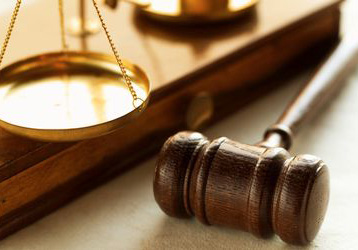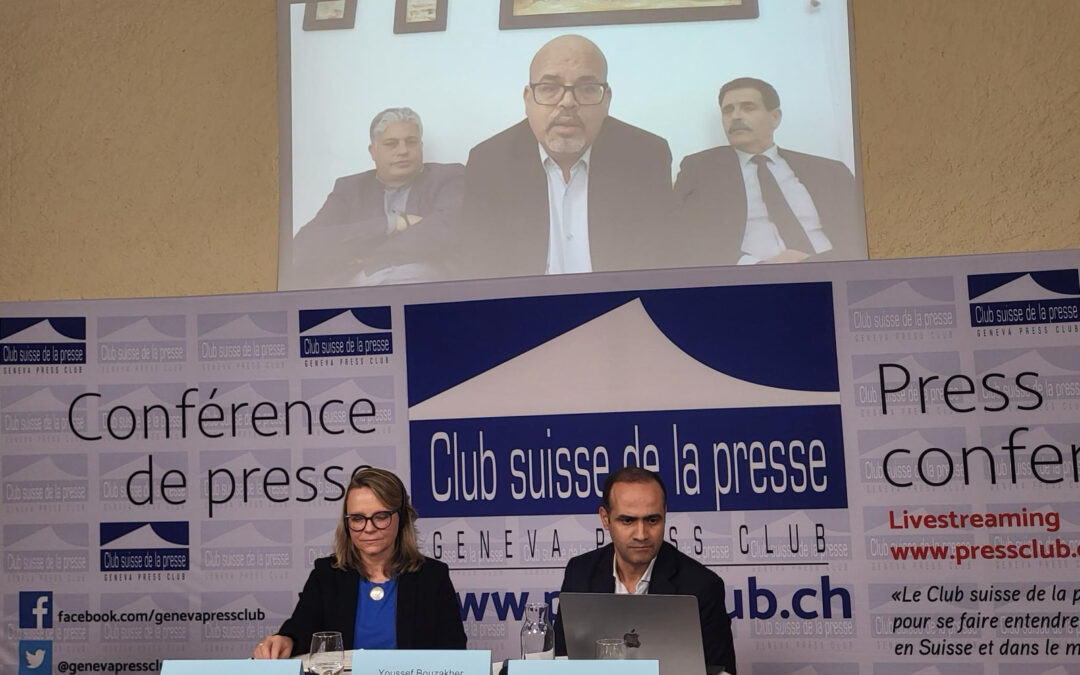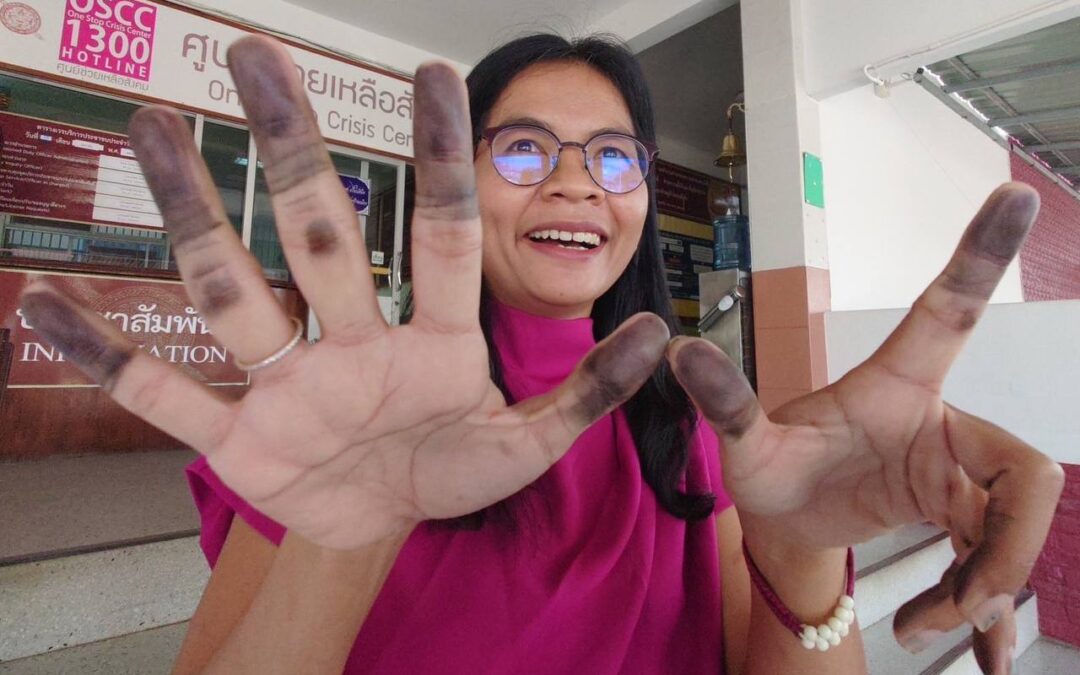
Aug 7, 2024 | Advocacy, Cases, Legal submissions, News
As the Constitutional Court begins deliberations in a highly consequential case concerning sexual abuse in the South African Military, the International Commission of Jurists (ICJ) has submitted argument that South Africa bears obligations under international law to ensure that courts and tribunals, including military courts, are competent, independent, impartial and allow for a fair and public hearing.

May 29, 2024 | Legal submissions, News
The International Commission of Jurists (ICJ) and Forum for Human Rights (FORUM) submitted written comments to the European Court of Human Rights (ECtHR) in the case Hlaváček v. the Czech Republic. The intervention concerns procedural guarantees of children below the...

Feb 12, 2024 | Advocacy, News
Geneva, 12 February 2024. Today, with the support of the International Commission of Jurists (ICJ) and Human Rights in Practice, Judge Youssef Bouzakher, President of the dissolved High Judicial Council (HJC) and one of the 57 judges and prosecutors...

Feb 1, 2024
The International Commission of Jurists (ICJ) and Lawyers’ Rights Watch Canada (LRWC) intervene in the criminal defamation proceeding against Thai human rights defender Chutima Sidasathian.
Today, the ICJ and LRWC jointly submitted a legal brief (amicus curiae) to the Nakhon Ratchasima Provincial Court in the criminal defamation proceeding against Thai human rights defender Chutima Sidasathian. The brief argues that the use of criminal law is never appropriate for defamation and will constitute a violation of the right to freedom of expression when used to restrict speech for a purpose or in a manner not permissible under international human rights law. This is often the case in Strategic Lawsuits against Public Participation (SLAPP).
The proceeding in this particular case arises from three social media posts in which Chutima Sidasathian raised issues and questions about a community banking scandal in which villagers were allegedly forced to repay loans they had never received. She also highlighted legitimate and important public interest concerns about the management of the community financial institution and the relevant actions of its chair.
Furthermore, Chutima Sidasathian faces criminal defamation charges in four additional cases related to six more social media posts concerning the same community banking scandal.
The ICJ and LRWC legal brief aims to assist the Provincial Court in considering Thailand’s international legal obligations to ensure the right to freedom of expression, particularly under Article 19 of the International Covenant on Civil and Political Rights, acceded to by Thailand in 1996. This duty extends to all branches of government. The legal brief emphasizes that imposing criminal liability, such as imprisonment or heavy fines, has a “chilling effect” on the exercise of freedom of expression and undermines the work of human rights defenders seeking to bring human rights concerns to light.
Criminal defamation, under section 326 of the Thai Criminal Code, carries a maximum sentence of one year of imprisonment, a fine of up to 20,000 Baht (approx. USD 560), or both. Section 328 criminalizes defamation “by means of publication” with up to two years’ imprisonment and a fine of up to 200,000 Baht (approx. USD 5,600).
The trial in this case will be held between 6 and 8 February 2024 at Nakhon Ratchasima Provincial Court.
The submission in English can be downloaded here
The submission in Thai can be downloaded here
Background
Chutima Sidasathian is a former journalist from the online news outlet Phuketwan. In 2013, she was accused of criminally defaming the Royal Thai Navy after publishing an article that contained a paragraph reproduced from a Pulitzer award-winning Reuters article that alleged that “Thai naval forces” were complicit in the smuggling of Rohingya, a persecuted ethnic minority from Myanmar. In 2015, she was found not guilty on all counts.
For more on Thailand’s current protective framework against SLAPPs, refer to advocacy papers in English and Thai published by the ICJ and its partners in 2022.
Contact
Sanhawan Srisod, Associate International Legal Adviser, ICJ Asia Pacific Programme; e: sanhawan.srisod@icj.org








